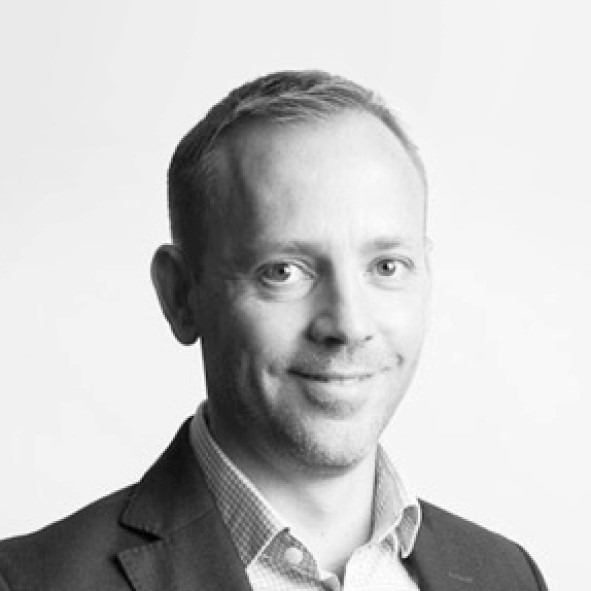It was my birthday – July 28th 2009 – when I woke up not realising I had lost three quarters of my hearing in my right ear. I wasn’t sure what was wrong at first. By the time I had jumped on my motorbike to go to work I knew something was amiss, but when I turned it on, the realisation of it struck me immediately.
A hopeful cocktail of anti-inflammatory medicines and some other miracle allowed my hearing to return within three months. It would take another three episodes before I would notice the link between moments of extreme stress, caused by a busy bid role, and my recurring bouts of hearing loss.
Was it really stress? MRIs, an ultrasound, a genetic test and a range of other diagnostics, and ENT specialists had been unable to definitively find a cause for the bouts of Sudden Sensorineural Hearing Loss. When I looked at everything, all roads led back to how I approached my work.
I knew I needed to change something, so I made the decision to leave a very senior position so that I could create more balance. The hearing loss events never returned. About a year after I made the change, I visited a Western and Eastern trained Ayurvedic doctor who gently told me that about the time I changed my work, my adrenal functioning had also collapsed and I had been in recovery ever since.
What…?!
Humans weren’t built to fire adrenaline constantly for years and I had been pursuing the wins for more than a decade, enjoying the thrill of the chase and ignoring the downsides. In reflecting back over my career, I also faced the realisation that I’d forgotten how to relax. My work was in the palm of my hands (as a Blackberry) and I was ‘on’ 24/7.
In the last 20 years I have witnessed the impacts of overwork and stress – on colleagues from across the stakeholder groups involved in bids, and at all levels of an organisation. It is exhilarating and exciting work to be involved in but there is a cost.
As an industry, we overlook at our peril the issue of working consistently long hours and the stress it causes. I believe it’s up to each of us to be agents of change for the better. A couple of times a year we post on social media – “Are you okay?” – when we should be asking more frequently than that. The question should start with us – “Am I ok?” We owe that much to ourselves.
So, what changed for me?
I wasn’t used to listening to my body when it was telling me to rest – I just pushed on through; surviving on 4-6 hours of sleep, keeping a gruelling transcontinental travel schedule and ‘working the time zones’ to get bids submitted and to keep in contact with the office. I didn’t slow down to enjoy the journey; I wanted to move as fast as possible and win.
In my work, I put the team and the bids above my own well-being because I was afraid each day that I would fail, or even lose my job if I didn’t keep going. If this sounds familiar, it’s time to pause, breathe and take stock. It’s a story that’s not always true.
When I started to set boundaries, no one objected; and when I took the time I needed, the world didn’t come crashing down either. I remained passionate about my work, but I set limits. That in turn helped me to support my team, for them to gain more perspective and set better limits for themselves.
In the end I also listened more deeply and started pursuing more of the work I love in personal professional development.
We are facing unprecedented shifts in our work and our lives. We all have our own unique stressors. No matter the challenges you’re facing right now, try to remember that there is support available, your health is your first priority and deep breathing does help to create more space for clearer thinking.
You are the most important person you’re ever going to meet – make the time to put yourself first.
This article was written by Tim Snell.
Tim is a freelance Capture Specialist/Trainer, Business Winning Consultant and Executive Coach. He has shaped his career helping companies create successful, high performance bid and proposal teams in the UK, the Middle East and Australia. He volunteers as the Deputy Chief Examiner for APMP, is a professionally trained and certified Coach, and holds APMP Professional Level certification.
